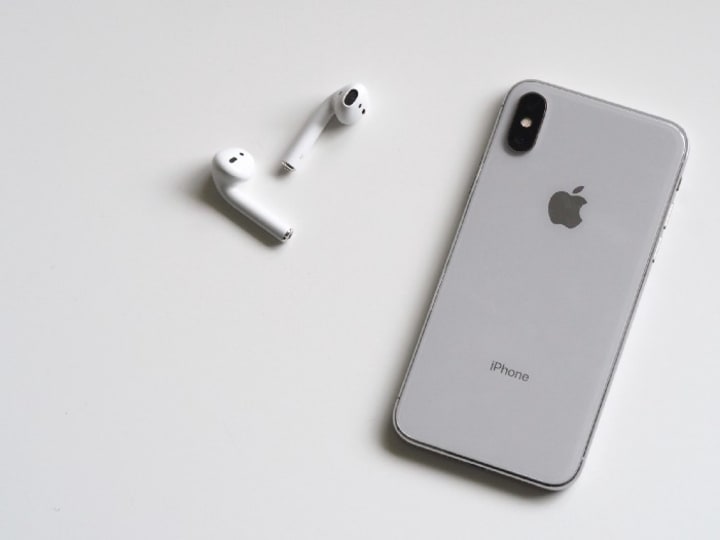Patent, Trademark, and Copyright — You Should At Least Know The Difference
Intellectual Property Simplified

Patents And Trademarks Are Different Animals
I once visited Quora.com and participated in one of the discussions concerning McDonald’s asking the owner of a certain McDonuts to change its name. There are 117 comments on the issue most of them gave their best opinions. I assumed that all those giving their views are professionals and somehow know what they are talking about.
However, I encountered someone saying:
“if he patented his restaurant’s name — ”
We hear it most of the time:
“I will patent my trademark”
“I have copyright over my brand”
As an Intellectual Property (IP) professional, it makes me cringe. But it made me realize that I have a responsibility to share my knowledge about IP in every opportunity that I can.
IP is not a widely discussed subject. Even lawyers will agree that it is a highly specialized field. But I can make it easy for you to understand.
IP Simplified
Disclaimer: We will only discuss the most common types of IP
What then are the different kinds of IP?
Please bring out your phones to use as a reference and I will give you the simplest distinction among the common IP.

Patent — an exclusive right granted for an invention like the face recognition feature of your phone. An invention is a new way of doing things or offers a new technical solution to a problem;
Trademark — any distinctive sign that distinguishes the goods or services of an enterprise.
When you look at the logo of your phone, do you know the company it came from? As in the picture above, we know that it is a phone from Apple and not Samsung.
Trademarks can be words, logos, slogans, or any combination of those that will enable a consumer to quickly tell the origin of the product. In some countries like the US and EU, they even have sound, smell, or texture trademarks;
Copyright — is the right that authors have over their literary and artistic works. The user manual of your phone is covered by copyright; and
Further, the lines, design, patterns, and shape of your phone that makes it appealing is what we call “industrial design”. An industrial design constitutes the ornamental aspect of a product.
Remember this simple guide:

Vocal writers own a specific type of IP and that is “copyright”
Works in the literary and artistic domain are protected at the moment of creation. And that is good news to all of us here on Vocal as we have a legal right over all our stories.
Vocal's terms and conditions specifically state that writers own complete ownership of their contents. They also highlighted their commitment that they will never sell their creators' "contents" to third parties without explicit permission.
You may have experienced how strict Vocal is with respect to Copyright. They go as far as emailing their writers for validation that the stories that they share are owned by them. That is what I like about Vocal. They have a high regard for Intellectual Property.
Copyright Exists From The Moment Of Creation
As content creators, your stories are protected even if you don’t register them with the Copyright Office in your respective jurisdictions. This is because you have copyright over your work the moment it is created.
Take note though that this is very different from inventions and marks (brands) that have to be registered to be protected.
Conclusion :
There we go folks, I hope I have made the discussion simple enough for all of you to understand. If you learned something, help me spread the knowledge.
Let us correct someone when they say that “they will patent their trademark” or “they have copyright over their brand” as the phrases are entirely wrong.
Let us also start looking into our intangible possessions as we may have an invention or a brand waiting to be protected. Let us register them to obtain an exclusive and enforceable right.
---
This story was originally published on Medium.com. and shared on Vocal.media with modifications






Comments
There are no comments for this story
Be the first to respond and start the conversation.